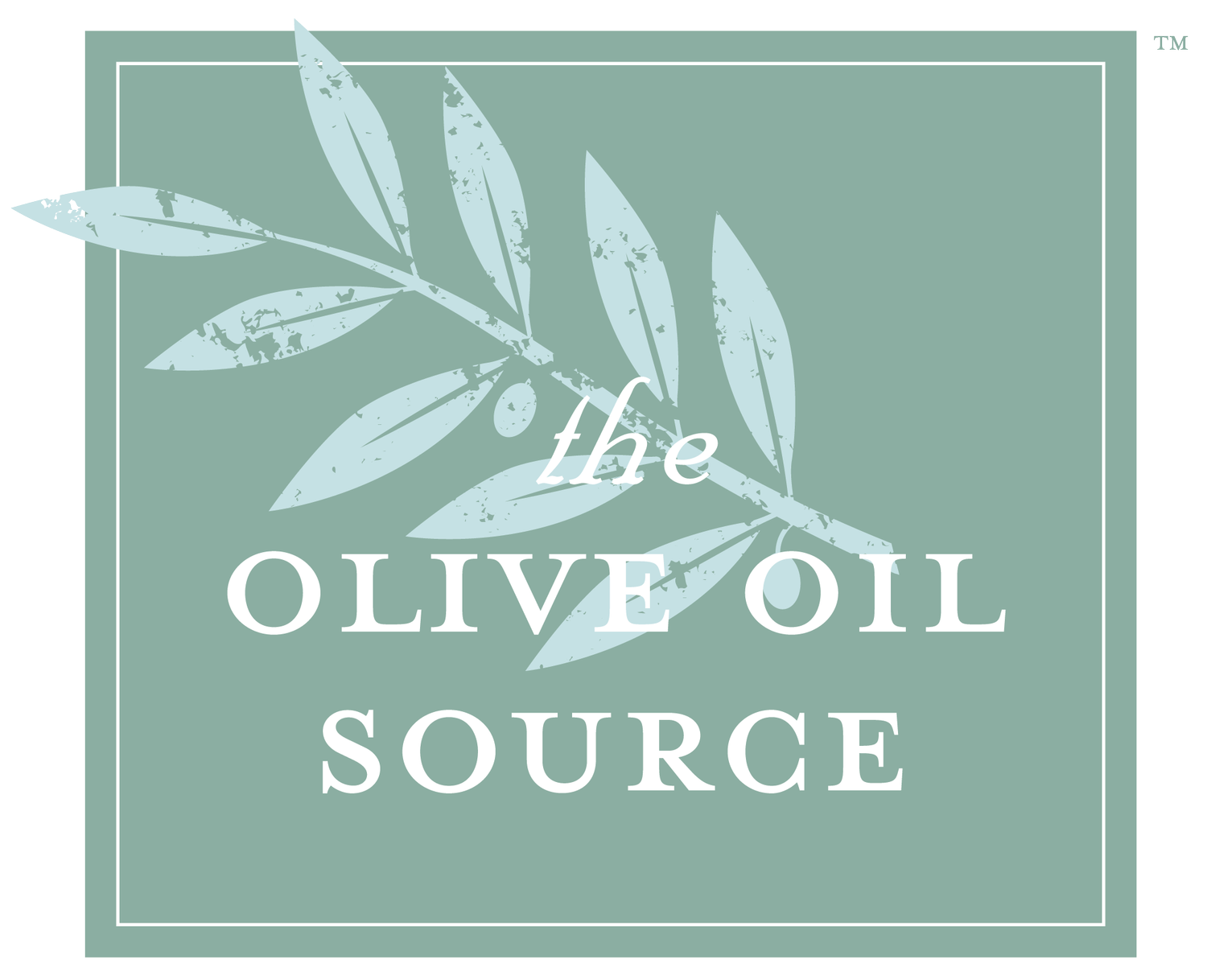Quality-Driven Market Expansion
I took some grief about my post on August 9th, among other things being accused of doing "marketing" which sort of perplexed me. I did not mention our products, I did not make any comparisons of anything we do to anyone else, nor are we really a competitor of Deo Leo as we could only hope to be operating on that scale and we don't operate in that market. While completely unfounded, it did serve to make me think more about this topic.
As much as I deplore lawsuits, there may be some good coming out of them in forcing everyone to raise the bar for the quality of product offered to consumers. I think it would be better to see the sector more closely follow the path the global wine industry took starting in the early 1980s. At that time a massive shift in the industry began driven by the confluence of five factors.
1. Producers realized a change in their operations had to occur for them to have continued success whereby priorities went from ever increasing yields to ever increasing quality.
2. The norm of learning vineyard management or winemaking from your parents or a mentor moved to formal learning at universities.
3. Standard practice in the learning process included traveling the world working in diverse vineyards and wineries leading to a flow of information throughout the industry previously not experienced.
4. Consultants became commonplace refining processes and furthering the rapid overall improvement in the quality of wine available around the world.
5. Consumers got caught up in the improved wines and diversity of available wine reinforcing the need to produce good wine to be competitive.
Jonathan Nossiter, the famed filmmaker of Mondovino, predicted the end result of this globalization would be mammoth international wine companies that took all the individuality and soul out of wines. In fact, the exact opposite happened primarily due to the dynamic of improved quality stirring greater interest with the consumer. While gargantuan wine operations certainly exist, the enthusiastic consumer is looking for that interesting wine from a small producer or interesting place and not the cheap bottle from the globally recognized name.
Is this happening in the olive oil industry? I think it is, however, it is not as advanced as in the wine industry. Looking at the same sequence of events in the olive oil sector:
1. We are seeing pressure put on producers to improve their product rather than just boost yield, but at this stage, I think it is difficult to ascertain if it is what occurred in the wine industry or just industry players beating each other up trying to obtain market share.
2. There are many more learning opportunities available now than even 15 years ago with higher education coursework focused specifically on the industry along with a proliferation of seminars and conferences. Events like those at U.C. Davis where they have brought in Leandro Ravetti or Pablo Canamasas is aiding the international flow of information linking Spain, Italy, Argentina, Australia and the U.S. among many others.
3. The international exchange of people wanting to learn about the business seems to be occurring too. On a personal level, we have had interns at our mill from Turkey and Mexico and requests from individuals from approximately half a dozen other countries.
4. A globe trotting consultant base is getting established much along the lines of Denis Dubourdieu, Stephane Derenoncourt and Michel Rolland in the wine world.
5. Consumer interest does seem to be growing as twenty years ago I don't recall ever seeing signs by the roadside for olive oil tasting. There was the occasional old mill in the Mediterranean basin that had a kitschy presentation with old wood presses etc., but they weren't making it on the quality of the oil they were making. Now it is very common to see tastings being offered by a local producer whether it is the Mediterranean basin, California, or Tasmania. Similarly the explosion of tasting bars attests to this substantial increase in consumer interest. Finally, what mill owner hasn't had phone calls from random nearby consumers or tourists saying they want to visit and learn more about olive oil or local food?
I hope I am not as incorrect as Jonathan Nossiter was and that this is in fact the direction the olive oil industry is headed. If it is, then the need for lawsuits should go away and consumers can run amuck in a market full of fabulous olive oils or pick it up from their favorite local producer. Oh, and this is definitely marketing, marketing for a better industry just as my August 9th posting was.
I'd like to thank Veronique Raisin for her excellent article in En Magnum #8 that covered this topic from the wine industry perspective extremely well.

